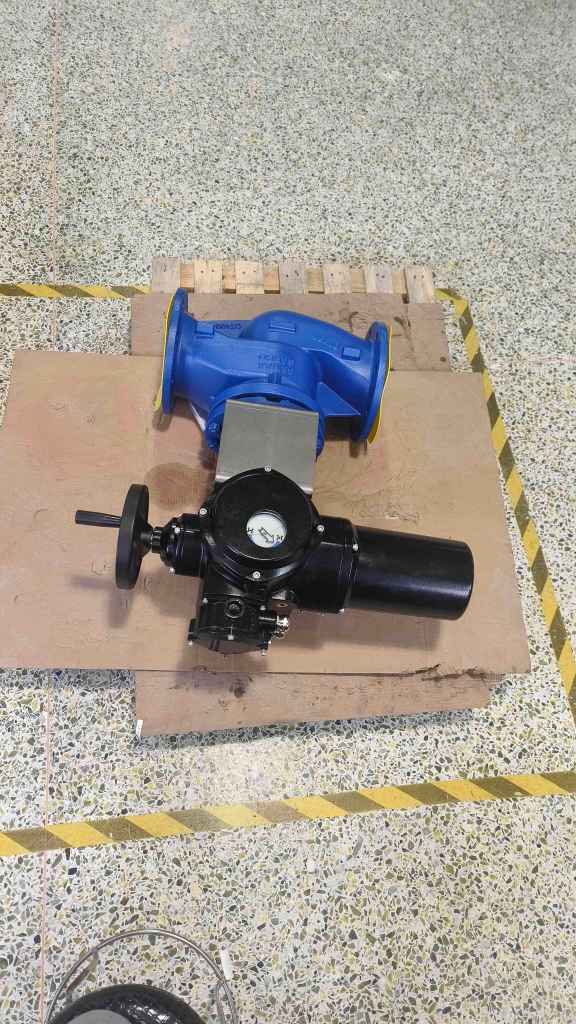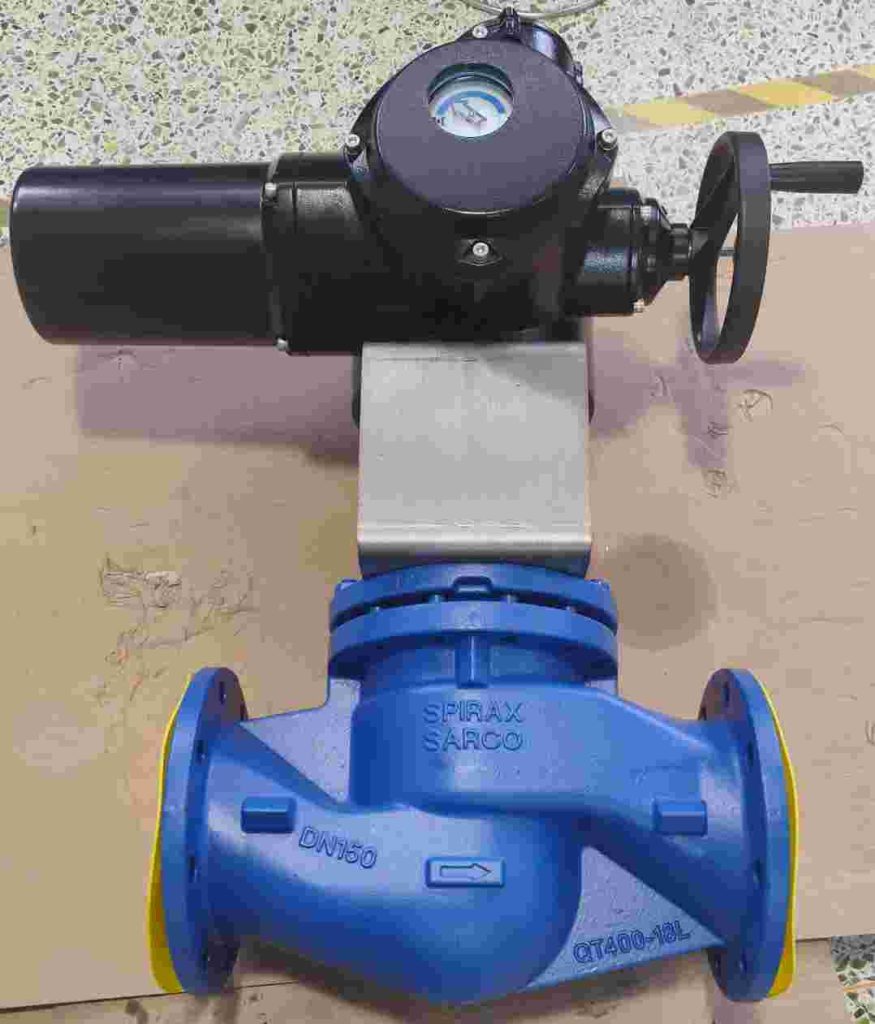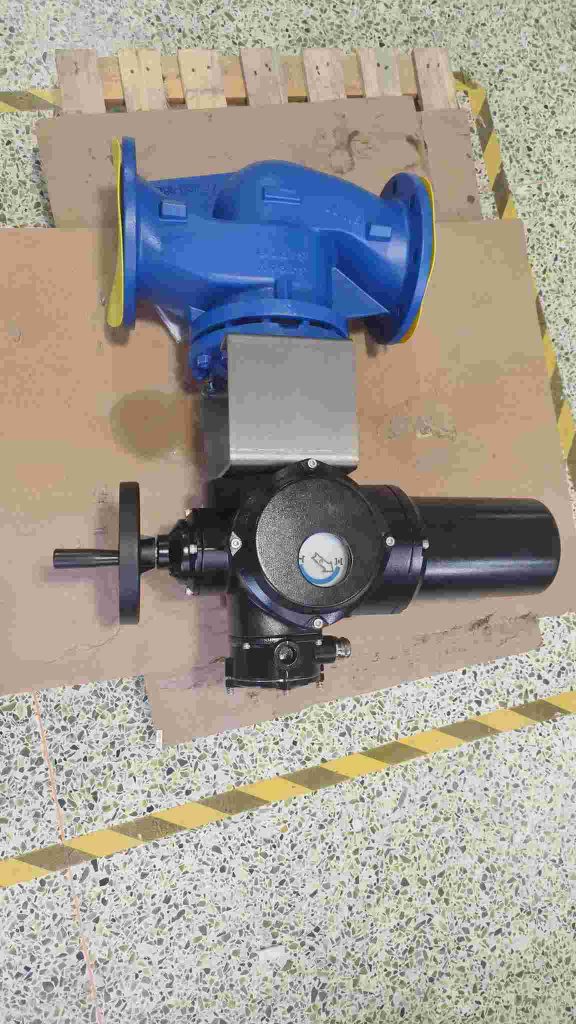The Electric Bellows Stop Valve is an advanced valve type widely used in various industrial systems requiring precise control of fluid and gas flow. This valve combines the reliability of traditional stop valves with the precision of electric actuators and the added benefit of a bellows sealing mechanism. Designed for high-pressure, high-precision applications, these valves are integral in industries such as oil and gas, chemicals, and even cryogenic systems. This article explores the working principle, advantages, applications, and potential drawbacks of the Electric Bellows Stop Valve.

Working Principle and Design

The Electric Bellows Stop Valve operates by using an electric actuator to open and close the valve, controlling the flow of fluids or gases. The core feature that sets this valve apart from conventional ones is its bellows design. The bellows is a flexible, accordion-like metal structure that seals the valve’s stem and prevents leaks, even under high-pressure conditions. The bellows expands or contracts as the valve opens and closes, maintaining a secure, leak-proof seal at all times. In conjunction with the bellows, the valve is controlled by an electric actuator, which allows for precise flow regulation. The actuator can be linked to control systems, enabling remote operation and automation in large-scale processes. This makes the Electric Bellows Stop Valve suitable for operations requiring high levels of accuracy and reliability.
